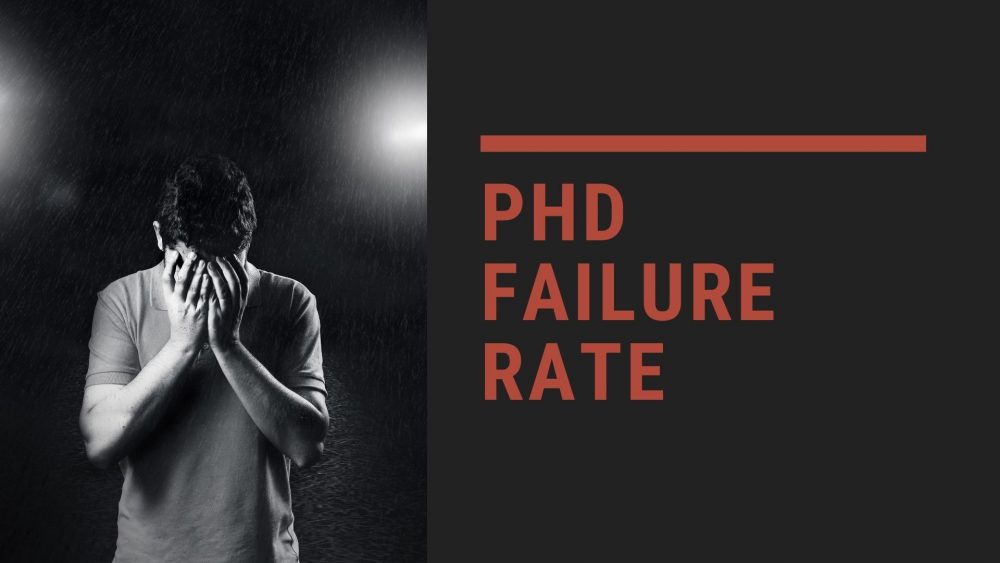Doctor of Philosophy (PhD) is the epitome of academic achievement, the confirmation of expertise in your niche of interest. It is prestigious and enviable in every aspect, right? But, hold on for a moment before registering for a PhD, and answer the question: “should I get a PhD?”
In this post, we are going to tell you the key reasons to get a PhD. Further, we will show you reasons not to do a PhD, and answer the questions: “what does it take to get a PhD?” and “What does it mean when you have a PhD?”
Good Reasons to Get a PhD
Is a doctorate worth it? Let us face it! Life as a PhD student is no joke. The sobering truth is that only a mere 50% of those who enroll complete and get PhDs. Therefore, why do a PhD? Here are some great reasons to do a PhD.
- Personal Drive for Research
This is probably the primary reason why many people pursue PhD. If you have interest in an area of study and want to help advance it, pursuing a PhD will be a great idea.
PhD allows you to narrow the scope, identify gaps in the knowledge base, and fill it.
The feeling that you have made a mark that will be read, referenced and appreciated for years to come is so satisfying. And you know what? After getting the PhD, you can continue researching and making more discoveries. Simply put it this way: your chances for research at the highest level of academia are limitless!
- You Get Better Career Options that are Impossible with Just a Masters
One concern of many students thinking of pursuing PhD is about careers. “I have a PhD now what?” The truth about careers is that you have the opportunity to get more with a PhD than a master degree.
In high paying careers such as math and engineering, certain positions only require those with PhDs to apply. With only a master, you can never get into such a job!
- Becoming an Expert in Your Niche
As we highlighted earlier, earning a PhD is the highest level of academia. Therefore, you are considered the best expert in your niche. From the community to public institutions, the reference as a PhD holder will earn you a lot of respect and praise. You get into a class of experts where tutors, students, institutions, and governments may seek your input when dealing with issues in your area of study.
Reasons Not to Do a PhD
Take a closer look at most people who start their PhD journey only to boycott midway, and some interesting facts will come out- they pursued PhD for the wrong reasons. So, why enroll for a PhD when you are unsure of following the route to the end? Here are some reasons not to do a PhD:
- Peer pressure: If you are thinking of pursuing a PhD because close friends are also doing it, the best thing is to stop right there. Either find a good reason why PhD is important or direct the energy to something else as opposed to getting a PhD.
- Keeping your Visa: Why pursue a PhD? If the goal of pursuing a PhD is to extend your stay in the US or UK, it is not worth it. Instead, you should use your current accreditation to advance your career and only pursue a PhD when you have a good reason for it.
- Misplaced genius complex: If you thing that you are very bright and can address the global problems by pursuing a PhD, but your lecturers are telling you the ideas are not workable, the chances are that they are right. Well, they have been there, and you should take their advice seriously.
How to Get a PhD
When you compare the purpose of doing PhD and not doing it, what do you think? If you opt to pursue a doctorate, the next question is: “what does it take to get a PhD?” Once you are through with your undergraduate, here is how to get a PhD.
- After completing undergraduate studies, apply for masters in graduate school and complete the course work.
- Work on your Masters thesis and defend it successfully.
- Once through with your masters, apply for PhD, and complete the course work.
- Work on your dissertation and defend it.
- Publish your research in an academic journal.
- Get your PhD.
For most students, the biggest task when working on their PhD is the dissertation. This is the last part of your PhD work and requires you to identify a topic of study and comprehensively research it. Then, write a report that will be assessed before you can be conferred with a PhD.
Note that you also have to defend the dissertation to showcase your mastery of the selected topic. If you fail in your dissertation defense, it means you have to rework on it again. Therefore, you better work on it well and practice defending it. This is what it takes to earn a PhD.
Getting a PhD: Why You Need Writing Help
Is a PhD worth it? The answer is absolute yes, but you need to be prepared because the road to achieving it is lengthy and complex. If you find it too tough, especially when dealing with a dissertation, the solution is not to quit. You should seek dissertation writing help.
Dissertation writing services are is offered by experts with years of experience. They can help you to write your dissertation no matter the topic of choice. This will give you more time to study, develop specific skills, and practice dissertation defense.








